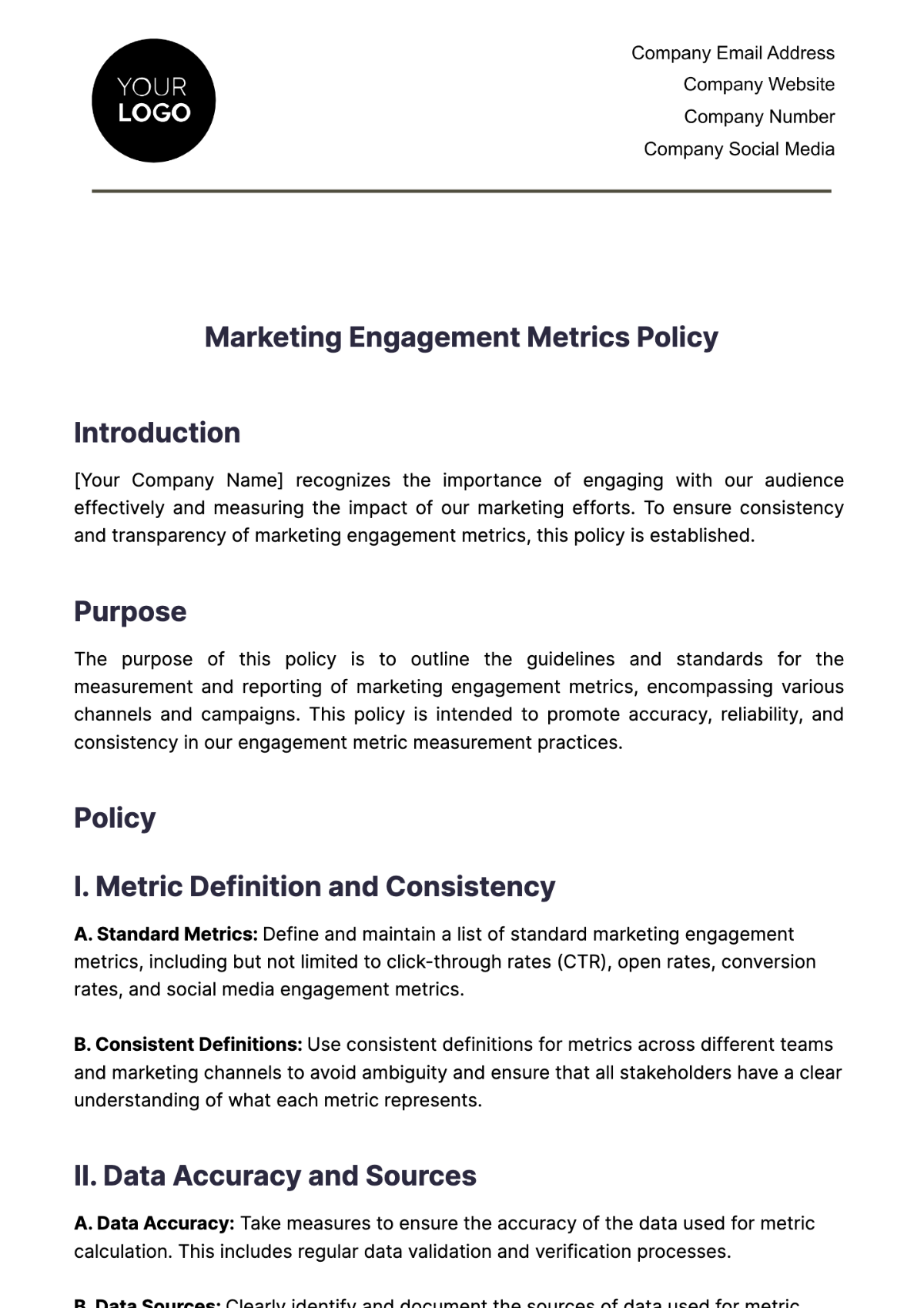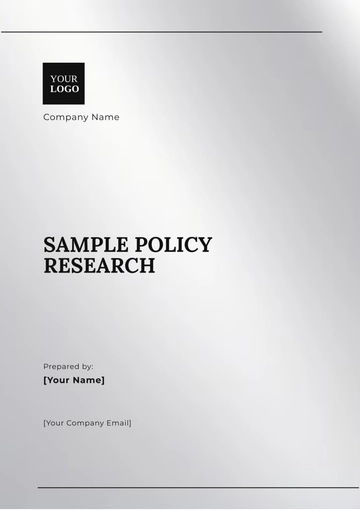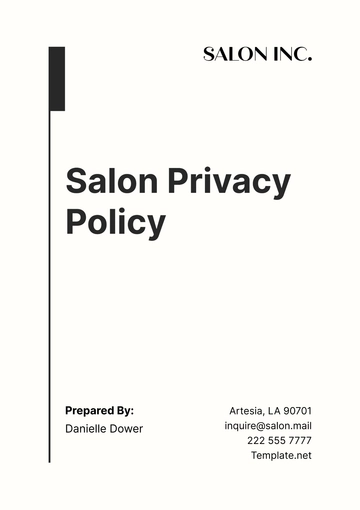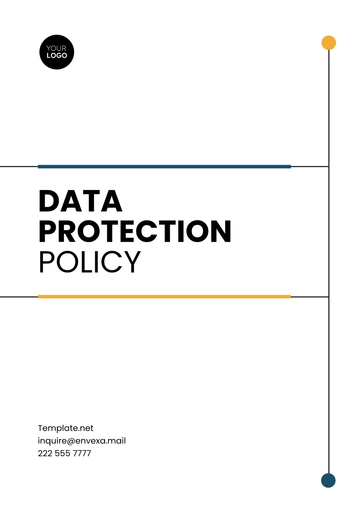Free Marketing Engagement Metrics Policy

MARKETING ENGAGEMENT METRICS POLICY
Introduction
[Your Company Name] recognizes the importance of engaging with our audience effectively and measuring the impact of our marketing efforts. To ensure consistency and transparency of marketing engagement metrics, this policy is established.
Purpose
The purpose of this policy is to outline the guidelines and standards for the measurement and reporting of marketing engagement metrics, encompassing various channels and campaigns. This policy is intended to promote accuracy, reliability, and consistency in our engagement metric measurement practices.
Policy
I. Metric Definition and Consistency
A. Standard Metrics: Define and maintain a list of standard marketing engagement metrics, including but not limited to click-through rates (CTR), open rates, conversion rates, and social media engagement metrics.
B. Consistent Definitions: Use consistent definitions for metrics across different teams and marketing channels to avoid ambiguity and ensure that all stakeholders have a clear understanding of what each metric represents.
II. Data Accuracy and Sources
A. Data Accuracy: Take measures to ensure the accuracy of the data used for metric calculation. This includes regular data validation and verification processes.
B. Data Sources: Clearly identify and document the sources of data used for metric measurement, which may include analytics platforms, customer relationship management systems (CRMs), and email marketing tools.
III. Metric Calculation
A. Methodology: Document and follow specific methodologies for the calculation of each metric. These methodologies will be shared and communicated to relevant teams to maintain consistency.
B. Calculation Frequency: Metrics will be calculated at consistent intervals, and the frequency will be defined for each metric to ensure regular reporting.
IV. Reporting and Analysis
A. Reporting Frequency: Establish a reporting schedule for the presentation of engagement metrics. Reports will be shared with relevant teams as specified in the schedule.
B. Analysis: Alongside metric reporting, perform analysis to derive actionable insights and recommendations based on the data. This analysis will be an integral part of our reporting process.
V. Data Privacy and Compliance
A. Data Privacy: Adhere to data privacy regulations and ensure that data used for metric measurement is collected and stored in compliance with applicable laws.
B. Transparency: Maintain transparency in our data collection and processing practices and communicate our data privacy policy to stakeholders.
Conclusion
This Marketing Engagement Metrics Policy serves as a guideline for all teams and individuals involved in measuring and reporting marketing engagement metrics. By adhering to these standards and principles, [Your Company Name] aims to consistently track and report marketing engagement metrics accurately, ensuring that our marketing efforts are data-driven and effective.
For any questions or concerns related to this policy, please contact [Your Email]
- 100% Customizable, free editor
- Access 1 Million+ Templates, photo’s & graphics
- Download or share as a template
- Click and replace photos, graphics, text, backgrounds
- Resize, crop, AI write & more
- Access advanced editor
Unlock the power of data-driven decision-making with our Marketing Engagement Metrics Policy Template. Crafted by industry experts, this template, available on Template.net, offers editable and customizable features, ensuring seamless integration of your keywords. Enhance efficiency using our intuitive Ai Editor Tool for tailored marketing strategies and measurable results.
You may also like
- HR Policy
- Restaurant Policy
- Company Policy
- Accounting Policies and Procedures
- Website Policy
- Privacy Policy
- Safety Policy
- School Policy
- IT and Software Policy
- Law Firm Policy
- Construction Policy
- Interior Design Policy
- Travel Agency Policy
- Education Academic Policy
- Security Policy
- Real Estate Policy
- Expense Policy
- Software Policy





























